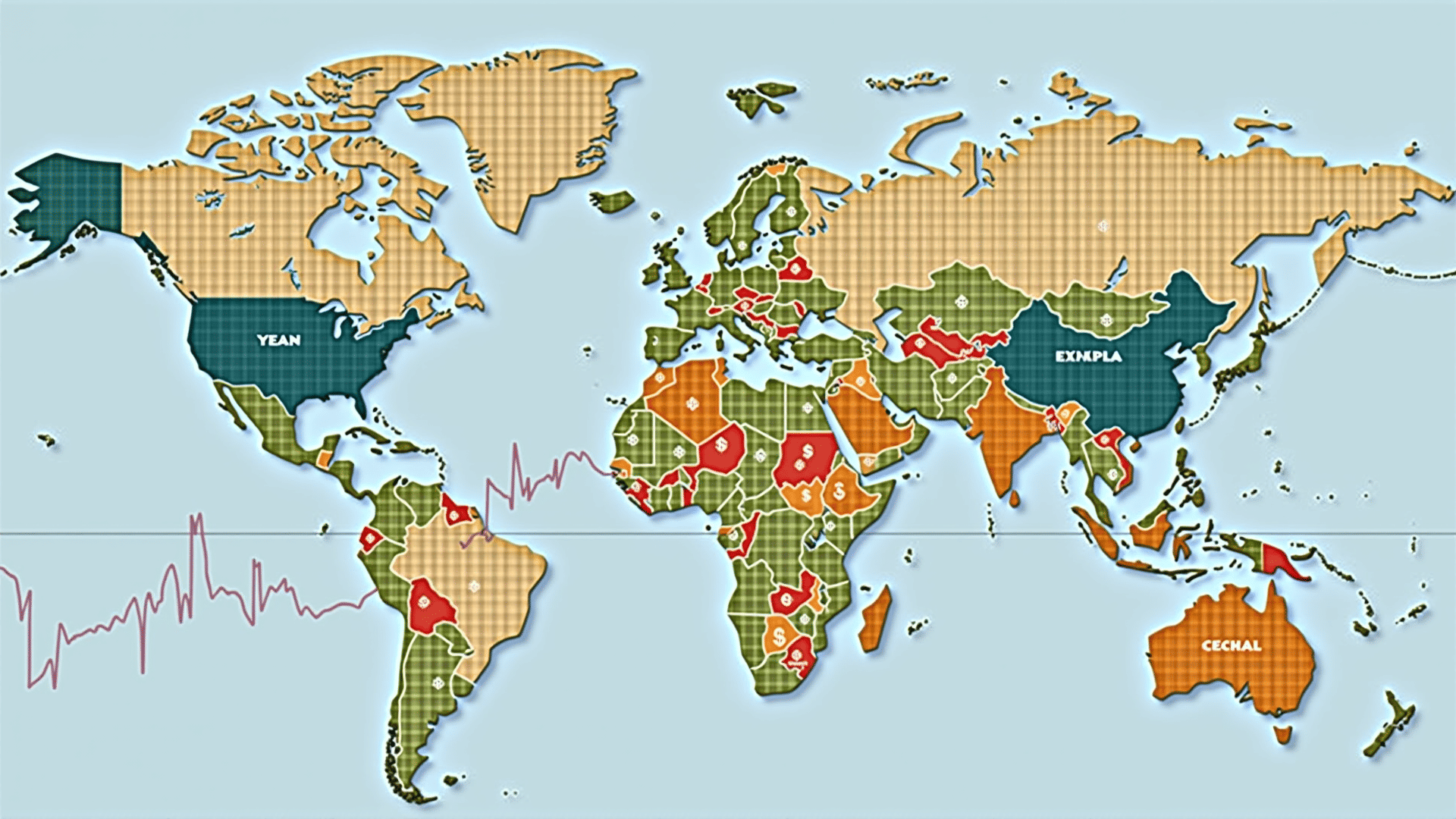In today's interconnected world, the investment landscape is more global than ever before. As investors seek to diversify their portfolios and maximize returns, venturing into diverse global markets offers a compelling opportunity. By investing beyond one’s local borders, investors can tap into different economies, industries, and trends that may not be present in their home markets, thus enhancing potential returns and spreading risk.
One of the fundamental reasons for investing in global markets is diversification. Different economies may be at various stages of the economic cycle, and by holding investments in multiple countries, an investor can reduce the impact of local downturns. For instance, while one market might be experiencing a recession, another could be in a growth phase, which helps smooth overall portfolio performance.
Moreover, global markets offer exposure to a broader array of investment opportunities. While the technology sector in the United States is robust, emerging markets can offer growth prospects in sectors such as manufacturing or agriculture. For instance, countries like China or India provide exposure to rapidly growing consumer markets, while regions like Southeast Asia offer potential in the manufacturing and technology sector.
Another compelling aspect of investing globally is capturing currency diversification. Currency fluctuations can affect the returns of investments, and by having assets in different currencies, investors can benefit from favorable currency movements. However, it’s important to understand the risks associated with currency volatility, as adverse movements can also impact investment returns negatively.
To successfully invest in global markets, investors should consider several strategies. One approach is to invest in international mutual funds or exchange-traded funds (ETFs), which provide broad exposure to global markets without the need to directly handle individual foreign stocks. These funds are professionally managed and offer diversification across different countries and sectors.
Another strategy is to directly invest in foreign stocks. With advances in technology and online trading platforms, accessing international markets has become easier than ever. However, investors should be aware of the regulatory and taxation differences in foreign markets, which may impact their investments.
Furthermore, understanding geopolitical risks is crucial. Political instability, regulatory changes, or trade policies can significantly impact market performance. Keeping abreast of global news and trends ensures informed decision-making and the ability to react to potential risks.
The global market landscape is continually evolving, driven by technological advancements, changing demographics, and shifting economic power centers. For instance, the rise of renewable energy in Europe or the tech boom in Asia presents unique opportunities that local markets might not offer. By identifying these trends early, investors can position their portfolios to capitalize on emerging global opportunities.
Conclusively, investing in global markets is not merely about seeking higher returns but about building a resilient portfolio that can withstand the uncertainties of the financial world. Through careful research, strategic diversification, and an understanding of the global economic landscape, investors can effectively leverage the opportunities presented by global markets. This global approach not only aids in maximizing returns but also enriches the investment experience by providing insights into diverse cultures, economies, and innovations worldwide.
